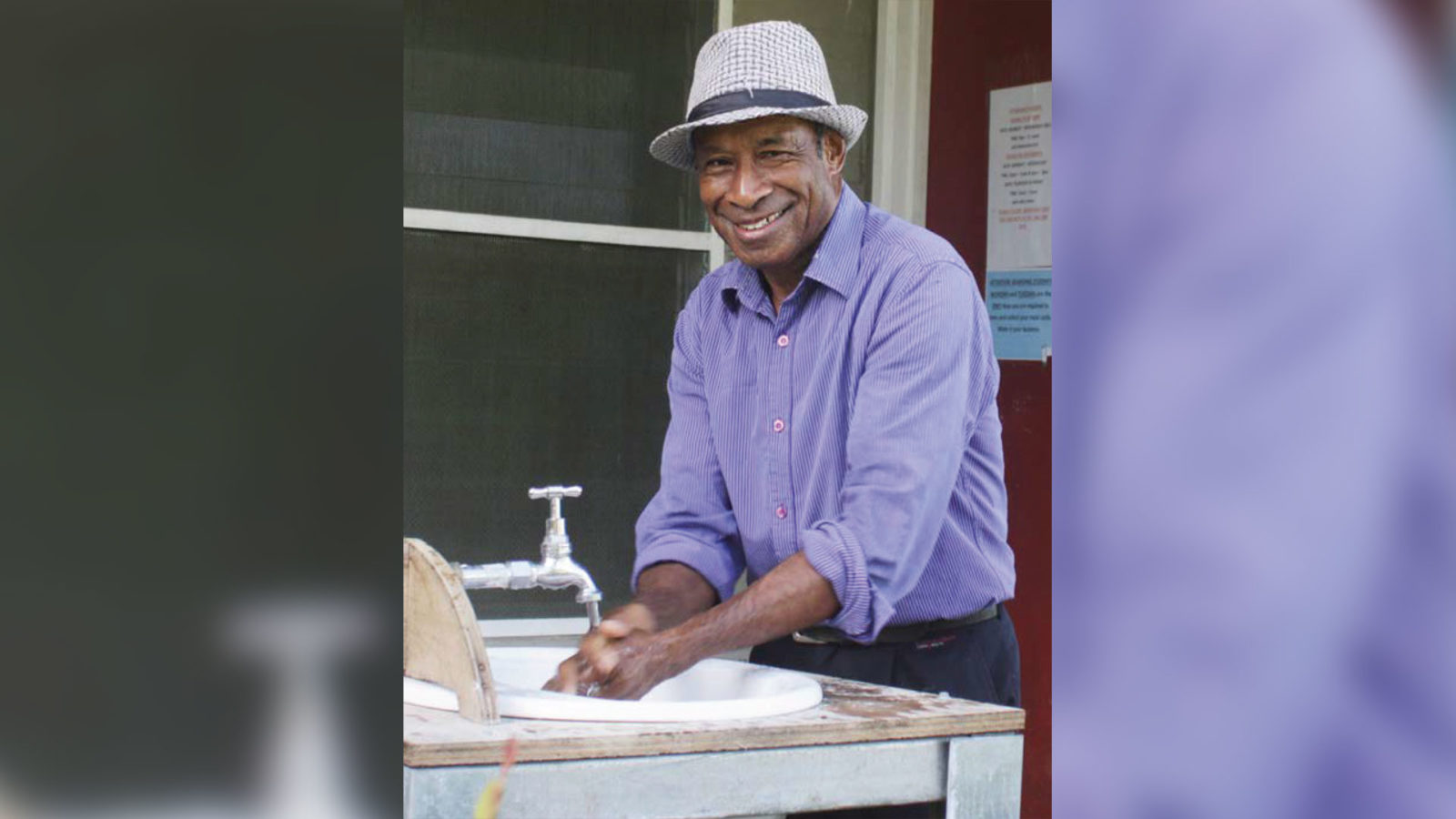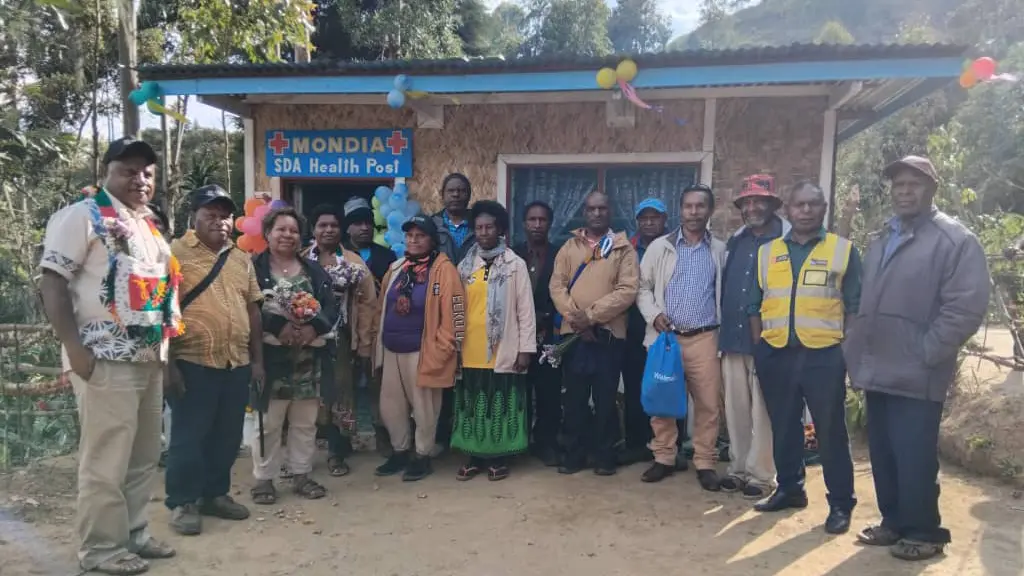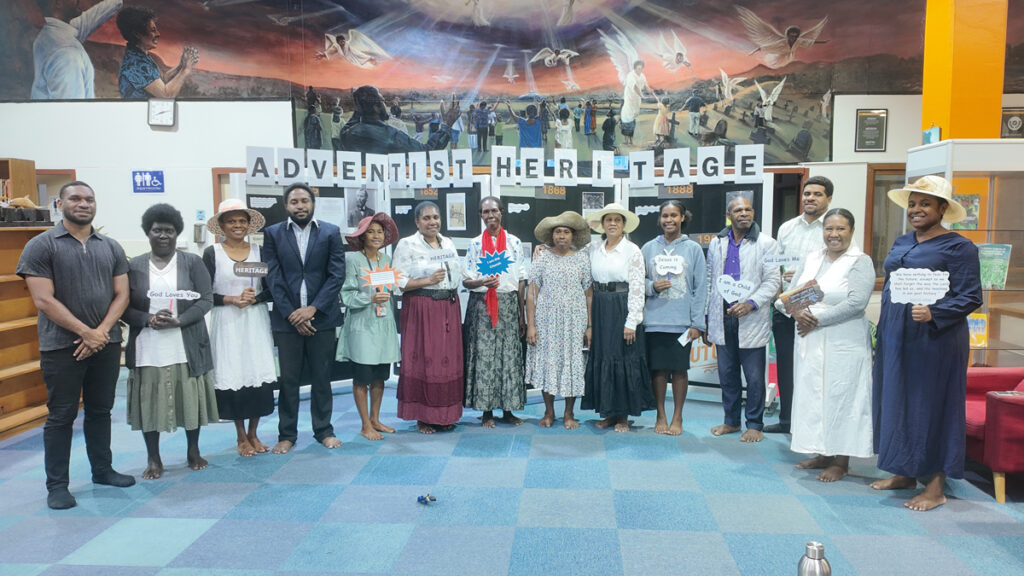Sonoma Adventist College in East New Britain (Papua New Guinea) has adjusted to the “new normal” brought on by COVID-19 by implementing new strategies and facilities.
The college has set up basins at various locations on campus and also at the Sonoma Adventist Demonstration School to allow students and staff to regularly wash their hands.
After the lockdown, college administration also shifted into five weeks of intensive programming and lectures. This allowed students to complete two weeks of content per week. Despite the intensive program, students said they found the busyness worthwhile.
Work education was scheduled to Sundays while the 6pm to 6am curfews were rescheduled to 10pm to 6am.
Trips into town were monitored, with only 20 passengers allowed on the school truck per trip. Staff took their trips on Thursdays and Fridays and students on Sundays.
Although small unit worship was encouraged, the administration made provisions to combine worships to be compliant with social distancing standards.
While PNG went into lockdown, the college had a good reserve of tapiok (cassava) to last several months. Hence, it was one of the communities that donated food to hospital wards in East New Britain.
Located 17 kilometres from Kokopo, the college is set on several hundred hectares of fertile land. As a result, the college farm and plantation sustains its cafeteria services with staple foods like tapiok, aibika (hibiscus spinach), dry coconuts and firewood.
The Papua New Guinea Union Mission owns the college which is attended by more than 650 students enrolled in six different courses.
The following courses are on offer: Advanced Diploma in Tropical Agriculture; Advanced Diploma in Building; Advanced Diploma in Business; Advanced Diploma in Ministry and Theology; Bachelor in Education (Primary); and Bachelor in Education (Early Childhood).
With the lockdown lapsing into uncharted territory, Sonoma Adventist College leaders are holding onto their belief that God still is in control.
This article was first published in The Centurion, PNGUM’s bimonthly magazine.






